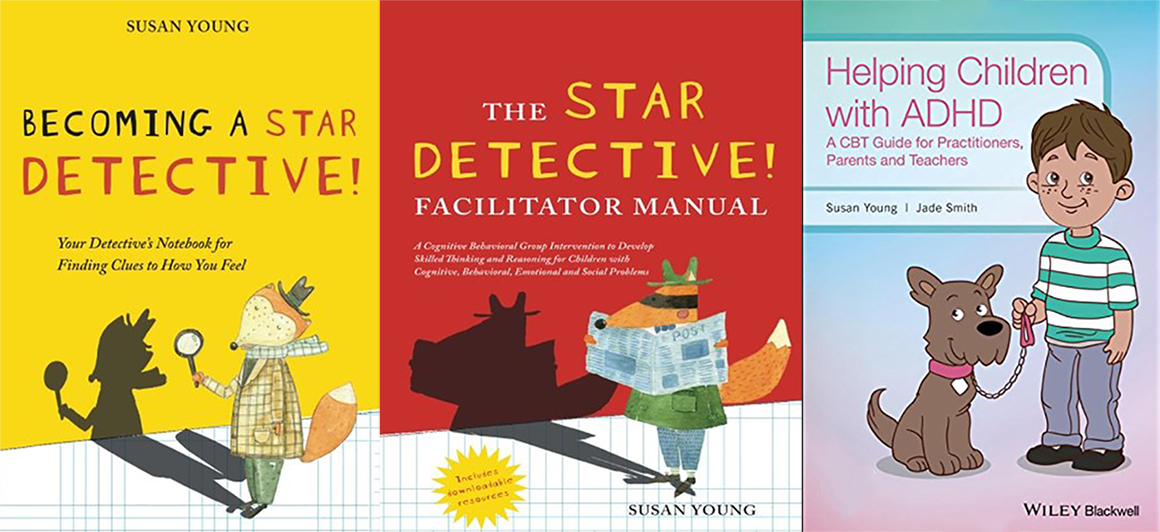
Around 1.25 million people in the UK are affected by an eating disorder. Eating disorder psychiatrist, Dr Dasha Nicholls, provides an insight into this group of complex disorders and the factors that influence them.
It’s common for people to be dismissive when I tell them I work in the eating disorders field. Unless you have suffered from or know someone who has suffered from an eating disorder, the public perception, and indeed the scientific and clinical one often too, is that eating disorders are not serious. Of course, everyone knows of a few high profile people who have suffered or died from an eating disorder, but they may be seen as rare casualties of a celebrity lifestyle.
What many people don’t know is that most people with an eating disorder are of normal or even higher weight, that boys and men are affected too and that eating disorders don’t discriminate by ethnicity or social class. For most people, eating disorders start in the teenage years or young adulthood, but children as young as seven and adults as old as 90 can suffer too. The incidence in children has increased significantly in the past 15 years, for reasons I will speculate on more below. (more…)
Read Eating disorders: why are they so important to study? in full





